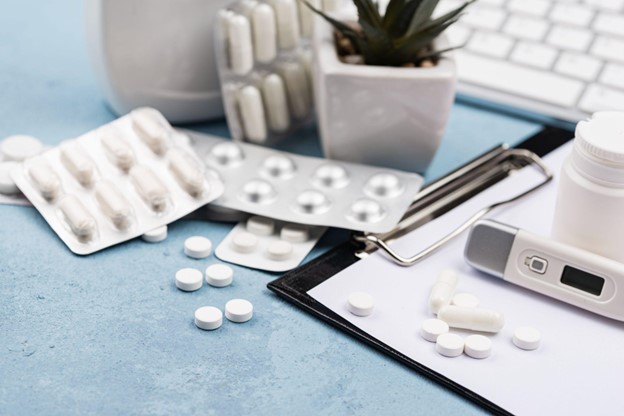
When you take prescribed medication, you trust it’s safe and effective for treating your condition. However, some drugs carry hidden dangers that may cause unexpected and severe side effects. Defective drugs can lead to serious injuries, worsening health conditions, or even life-threatening complications. If a defective drug has harmed you, you can seek compensation for your suffering, medical expenses, and other losses.
Defective drug cases fall under a specific area of law known as product liability. Product liability holds drug manufacturers, distributors, and healthcare providers accountable for harm caused by dangerous or improperly tested drugs. In cases of defective drugs, liability may arise due to three main types of defects:
If you’ve suffered harm from a defective drug, you may need a skilled legal team to assess your case and determine liability. Experienced product liability law firms, like goldwaterlawfirm.com, specialize in managing complicated defective drug cases and can advise you through the legal process.
Taking prompt and informed action is critical if you believe a defective drug has harmed you. Here are essential steps to help build a strong case:
Following these steps can support your attorney’s efforts to build a strong case and help ensure you receive fair compensation for your injuries.
When a defective drug harms you, you may be entitled to compensation, commonly called "damages." These damages can help cover the costs and suffering you’ve endured due to the drug. Key categories of compensation include:
A qualified attorney can help assess the damages relevant to your case and seek the highest possible compensation for your losses.
In defective drug cases, presenting robust evidence and expert testimony is critical for proving liability. Some essential types of evidence include:
This evidence and expert analysis strengthen your case and establish a strong foundation for recovering compensation.
All personal injury cases, including defective drug claims, have a time limitation for filing a lawsuit, known as the statute of limitations. The timeframe varies by state, typically two to four years from the date of injury or the date the injury was discovered. Missing the deadline could stop you from seeking compensation, so it’s essential to consult with an attorney promptly to understand your filing requirements and deadlines.
A class action lawsuit may be an option when the same defective drug harms many individuals. In a class action, affected individuals combine their cases into one lawsuit, streamlining the legal process. However, filing an individual lawsuit may allow personalized compensation for those with severe or unique injuries.
Choosing the right law firm can be a factor in your case’s success. Experienced product liability attorneys comprehend the complex legal requirements of defective drug cases, from gathering evidence to negotiating with large pharmaceutical companies. They can manage the intricate details of your case, allowing you to focus on recovery.
If you or a loved one has suffered harm from a defective drug, understanding your rights and seeking legal guidance can make a considerable distinction. The path to justice may seem challenging, but with an experienced attorney, you can hold drug manufacturers responsible and pursue the settlement you deserve.